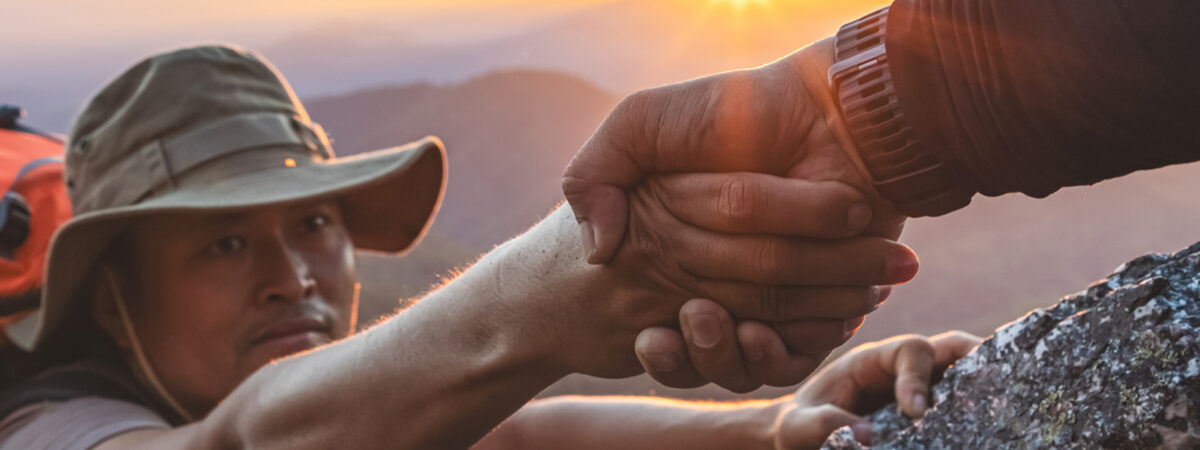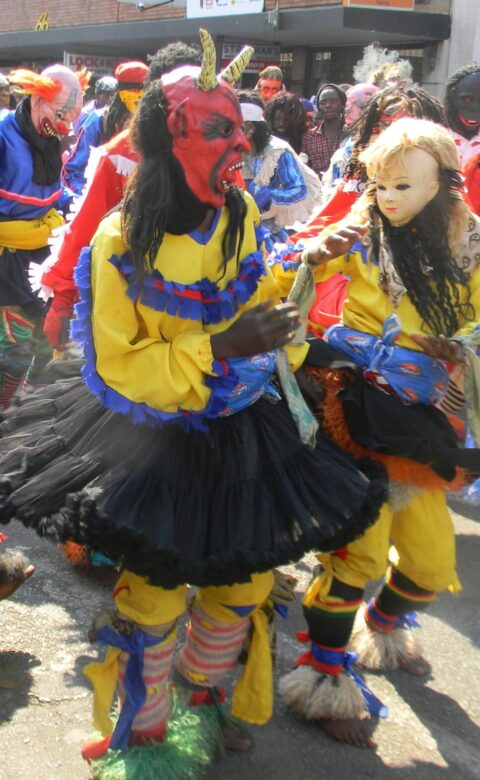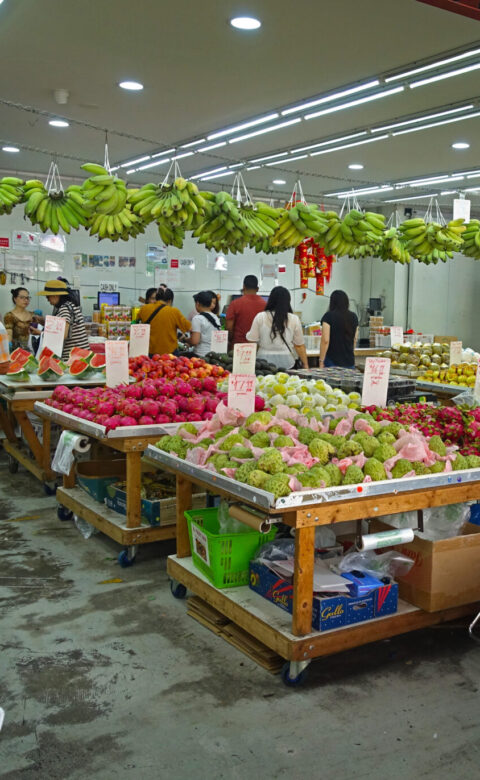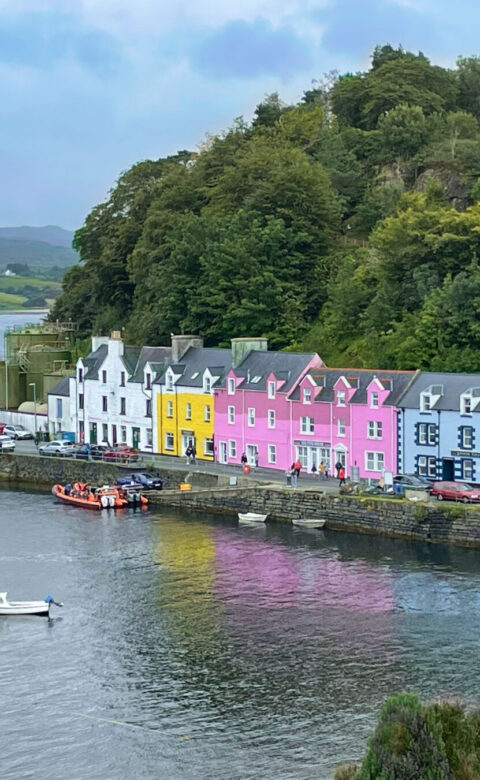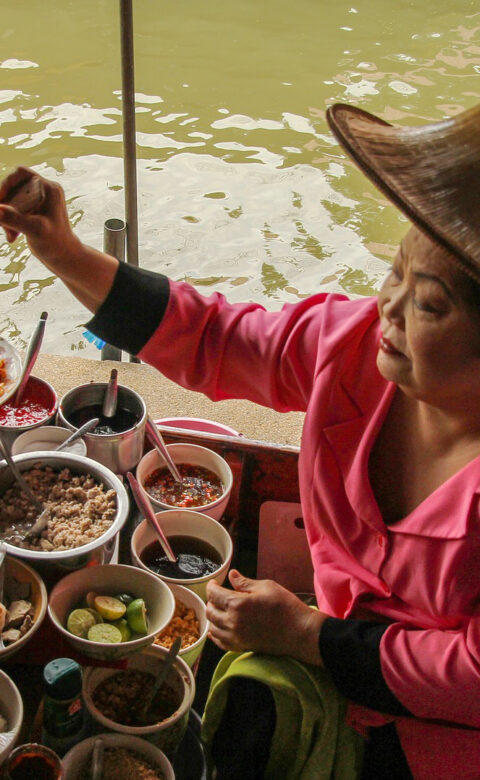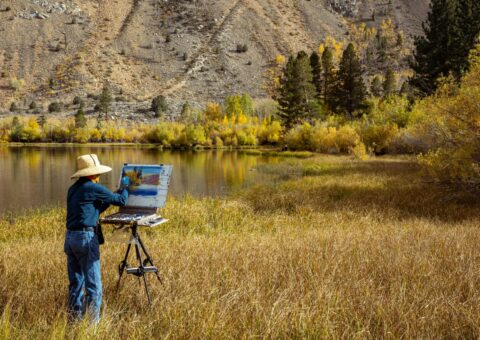When thinking about what we would publish on Resonate this summer, we decided to include the theme of kindness in travel. We have been searching for the fleeting moments that do not necessarily carry a cost, but which pay significant dividends. Moments like the hand that gently reaches out to steady your elbow when you stumble; the passer-by on the street who not only directs you to your hotel but escorts you to the door; or taking the time to share a smile and a few words with someone who looks like they need to be seen.
Travelling is about visiting other people’s places; it is a privilege not everyone has. Those of us who do have this privilege can pay back the kindness we receive by being respectful, mindful, and responsible travellers who leave a destination having had a positive impact on the host community. We’ve heard the old saying, “travel is broadening”. And we certainly do learn about the cultures of the places we visit; but by interacting with locals, we also share our own culture, building bridges and ultimately creating understanding.
That’s why Ethical Travel Portal, building upon the six bedrock values we already uphold as a company — respect, transparency, responsibility, quality, change making, giving back — recently added a seventh: understanding. The understanding that travel brings is what makes all this bridge-building, human connection and cultural exchange possible. And nothing drives true understanding like the power of kindness.
Carry out an act of kindness, with no expectation of reward, safe in the knowledge that one day someone might do the same for you. — Diana, Princess of Wales
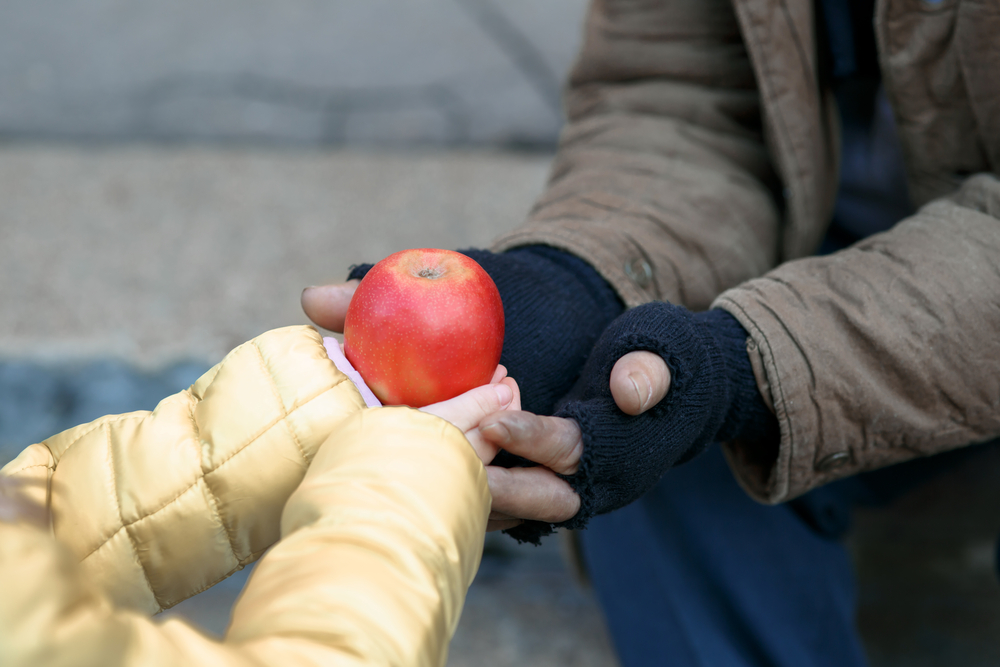
So, what are these small acts of kindness?
Have you ever checked into accommodation or joined a local guide and had the person you encounter greet you by name, then keep addressing you that way without fail? Turning that around, have you ever made a point of remembering the name of your driver? Or the receptionist? Or the person who sells you tea each morning? By doing so, you build a relationship and you show that you care enough to make the effort to connect. That person will instantly be more interested in sharing their local knowledge with you.
Structured kindnesses are fine, but this is not necessarily about planting a tree, donating to a cause or doing a beach cleanup as a measurable act, so we can pat ourselves on our back and say we’ve done our bit. Instead, it goes beyond those organised efforts — it’s the simple, spontaneous acts that come from the inside. The everyday moments that brighten up someone else’s day, without planning, or maybe even free of conscious intention. It is about appreciating good service as a matter of course; not only with a well-deserved tip but also with kind words. It is about being available for people; seeing that a family is capturing a memory and offering to take their photo so that everyone can be part of the picture. It’s doing the unexpected.
How can we practise kindness effectively?
Kindness is rooted in four principles: awareness, unconditionality, non-judgment and action.
Practicing kindness is about travelling with an open mind, lifting our heads up from our screens and being aware of what’s happening around us; being present as we go throughout our day and embracing opportunities to be kind to others. When we do that, we start observing life; authentic local life. We can open our minds to other ways of living, appreciate the pace and the rhythms, and enjoy the uniqueness of everywhere we roam. That alone contributes to a transformed journey. When you do open up and set aside your devices, you will also realise people notice you in a different way.
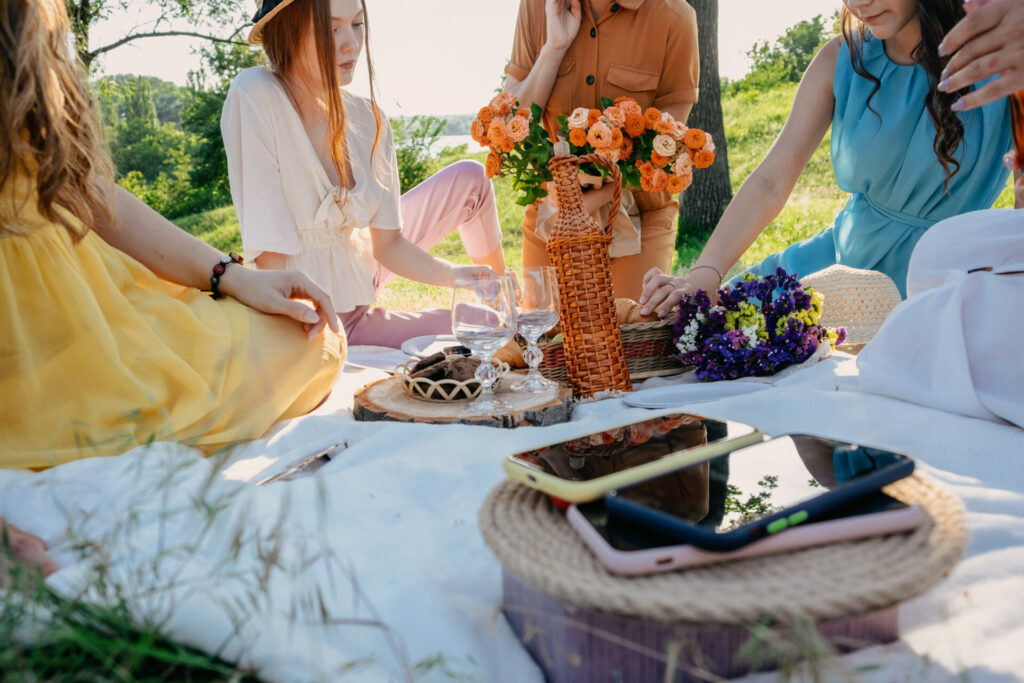
We’re also familiar with the saying “what goes around, comes around” and have perhaps heard of the teachings of karma. Earlier this year I was crossing the border river between Senegal and The Gambia. It is only a short crossing, with dugout canoes, and it costs just fifty cents or so to make the journey. I was having a random chat with one of the guys waiting beside me on the Senegalese side before the canoe approached, ready to take people on board. These dugout canoes get filled up with people, food, furniture, motorbikes… you name it.
Onboard, as we were nearing The Gambia side, my new friend asked me if I had any change. I understood that he meant for the crossing, but — I am sorry to say — my judgmental mind jumped to the conclusion that he was asking me to pay for him. Having no change in any case, I said “No, sorry”; and his response was “No problem, I have some — let me pay for you”. Even though I demurred, saying, “It´s OK — I have bigger notes…” he shook his head, smiled and paid. A really kind gesture to a stranger visiting his country.
Only a few minutes later, having collected a car I had to stop at immigration to officially enter The Gambia. There was my brand-new pal, sitting nearby; I smiled and said “hi” as I pulled up. The officer asked where I was going. “Gunjur” I replied, and he told me that the young man I’d just befriended was heading only a bit further down the road. I looked over at my new friend, gesturing at the seat next to me and saying, “Jump in!”.
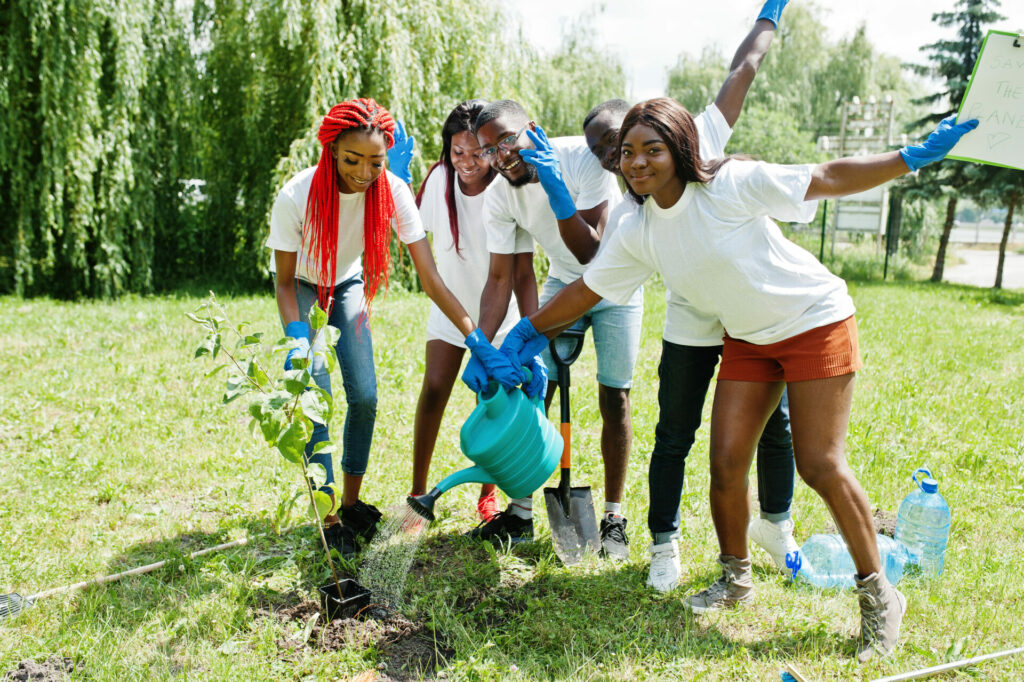
There are a lot of small acts of kindness we can do while travelling — and when we have visitors. As part of the preparation before a journey, we should learn what a destination needs. What are their struggles and where can we as travellers make an impact, even a small one? Many places have poor waste management systems in place. We should always lead by being an example, picking up our own litter, and even bringing it back home where we may have facilities in place to handle it (at least the litter you brought to your destination). We can go one better — collecting litter left along mountain trails, on the beach etc. and disposing of it properly.
And if you would like to plan ahead after all, and participate in an organised act of kindness, maybe the destination has a beach clean on one of the days you are visiting, a plant-a-tree activity or other short-term contributions you can do for local society. And then go ahead and give yourself that pat on the back!
Paying it forward
Have you ever tried to pay it forward? For example, paying for the person next in line or buying someone a coffee. Maybe you passed someone less fortunate than you in the street, went into the next café and got that person a hot drink or sandwich. What about inviting someone you have only known for five minutes to join you for dinner or asking them along on your next excursion? If you think they may not have the budget for it, offer to pay for them (if you can afford it). In many places, members of the host community themselves have never tried the excursions we as travellers enjoy; this way, locals can gain a different perspective on the place they call home.
Once I was sitting in Arendal, Southern Norway, watching the sea outside for five minutes before I had to go into the office and continue work. A group of colleagues sat next to me, also taking a break and bringing along refreshments for themselves. They realised they had one too many cups of coffee, and straightaway the coworker with a cup to spare turned and offered it to me. A very small gesture perhaps, but it did put a big smile on my face and made my day.

If we understand kindness and use the principles of awareness, unconditionality, being non-judgmental and taking action, have we not already taken a step towards responsible tourism? Acts of kindness, even small ones, play a role in creating better places for people to live in, and one small action can create a domino effect of positive impact. And remember, it can start with something as easy as a smile.
Smiling is infectious,
you catch it like the flu,
When someone smiled at me today,
I started smiling too.
I passed around the corner
and someone saw my grin.
When he smiled I realised
I’d passed it on to him.
I thought about that smile,
then I realised its worth.
A single smile, just like mine
could travel round the earth.
So, if you feel a smile begin,
don’t leave it undetected.
Let’s start an epidemic quick,
and get the world infected!
Spike Milligan

